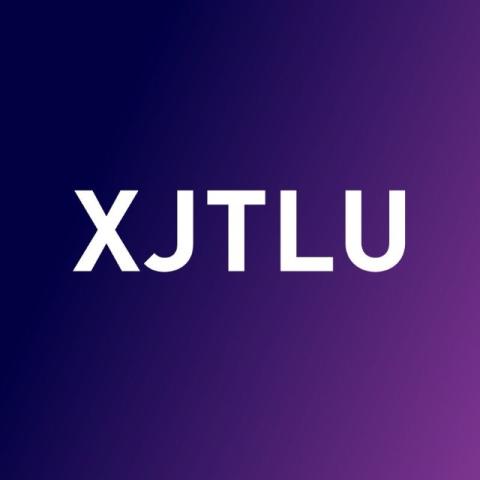
Tips for sharing your research and professional expertise with consumer media
You may also like
How can faculty share their research findings or practice-based knowledge based on extensive professional or business management experience with readers beyond academia?
An alternative to publishing articles in academic journals can be offering insight and commentary on business stories or other topical news issues to mass media. If commercial publishers are interested, benefits include a shorter publishing timeline and, potentially, a larger and broader audience.
Reputable consumer news and specialised business media have editors who fact-check the information before publishing, giving credence to the validity of the details.
- The 10 commandments of academic Twitter
- Get your research out there: 7 strategies for high-impact science communication
- What to do when an academic journal rejects your article
My key tips based on my experience in working with media, commentating on business case studies, are to:
- Connect: Publishing takes weeks, but building a commercial publishers’ trust and the belief that you are the most suitable academic in a subject area for news contributions may take many months or even years. Not all academics are practised researchers, and media executives and editors do not know about the work of all researchers, so skills in connectivity are essential. For example, alert your media contacts in advance of your attending a business conference or summit – even if you are not a key speaker. That way, if they are covering a speaker’s topic at the conference but need an expert for supplementary comment, they know they can reach out to you.
- Listen: Even when a researcher and media outlet have an interest in the same business issue, the researcher’s focus may not be an immediate fit to the media publication. To help find and promote mutual benefit, researchers should have an ongoing dialogue with editors, which will help to shape new ideas and perspectives on how to tell the story. This doesn’t mean that a researcher’s independence will be lost. It can even promote helpful reflection on what a researcher already “knows”. This dialogue can be a chance to discover nuances of business cases that may have previously escaped a researcher’s attention.
- Focus: Continuous long-term engagement with the media can help a researcher keep up with what’s happening in the world. However, one cannot be a “jack-of-all-trades” academic when seeking a long-term relationship with impactful media. A researcher should plan his or her research direction well, including a yearly agenda on what to focus on.
- Share: Proactively share your ideas in brief with media editors about current business issues related to your research. For example, in my field, I keep an eye out for developments in the practice of luxury brand management. During the editing process of an article about my research findings for The Conversation, I learned about a luxury brand’s recent failed Key Opinion Leader (KOL) case in China, and I alerted the editor. As a result, a description of this case became the lead to my article, highlighting my research as both contemporary and relevant. After my article was published, I was heartened to receive feedback from readers both in the academic and commercial world. These comments provided additional topics for reflection that I could use in my research and teaching practice.
Never assume that editors always have a complete idea of their desired end product when they begin asking for your help. An article may follow a different angle because of your initial comments; likewise, you can consider their perspective when finalising your comments. Always be ready to answer their questions. Having a working partnership with media will ease the editors’ burden and smooth the way for future cooperation.
Finally, share your published works with other media too, so that they are aware of your existing media presence. This will help you build your personal brand in your focus area.
Samuel Kim Kwong Kwok is an associate professor of practice and programme director of MSc in professional accounting at International Business School Suzhou (IBSS), Xi’an Jiaotong-Liverpool University.
If you would like advice and insight from academics and university staff delivered direct to your inbox each week, sign up for the Campus newsletter.
Additional Links
For more advice and insight related to this topic, see our spotlight guide From the lab to life: how to demonstrate research excellence.




